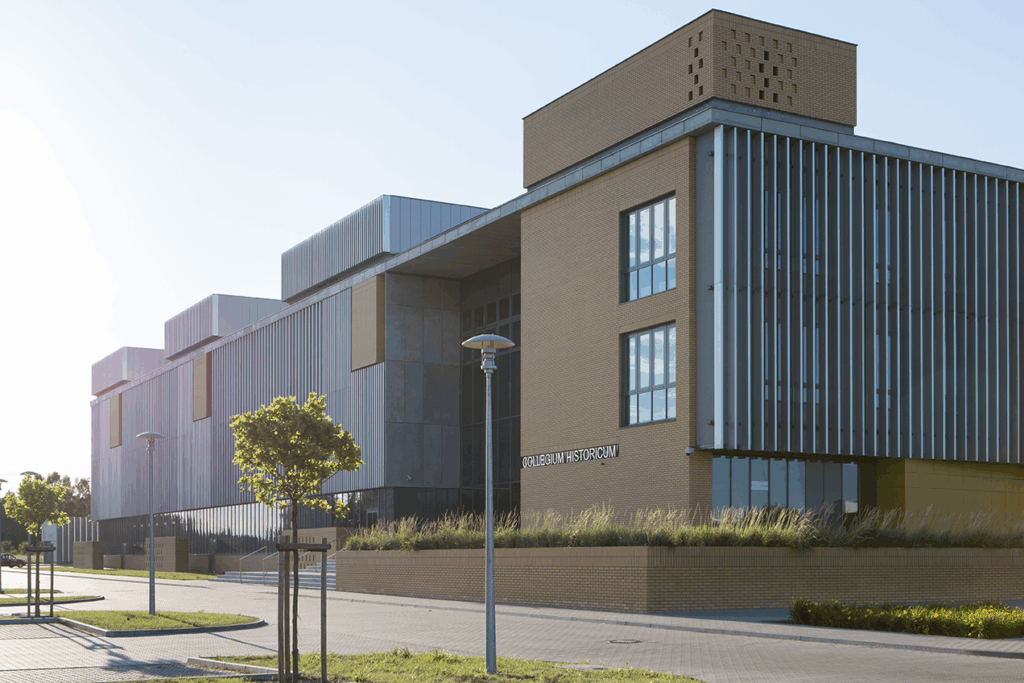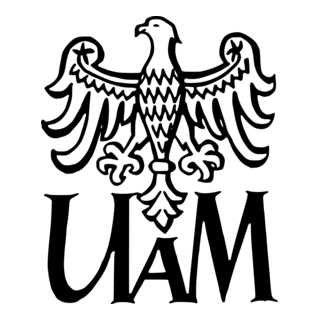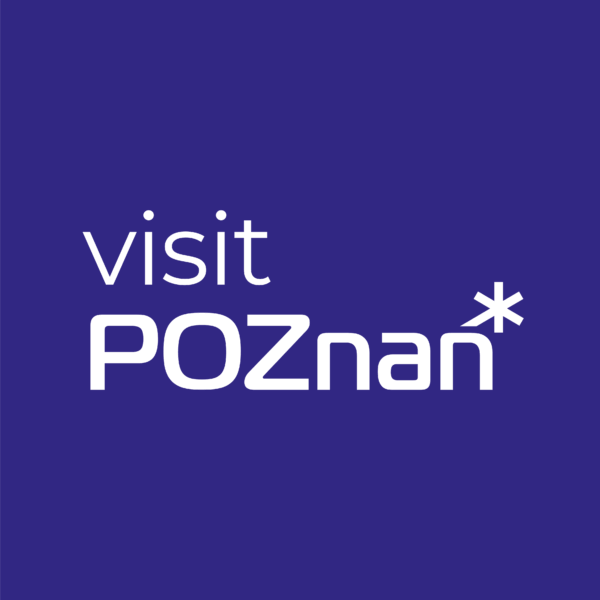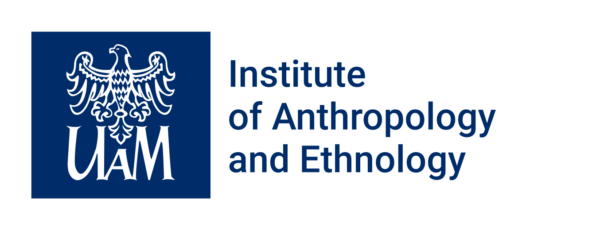
Adam Mickiewicz University, Poznań, Poland
21-24 July 2026
Important info
Conference format
Important dates
EASA2026 is a fully hybrid conference: all plenaries, lectures, panels, roundtables, network meetings, and even some of the events/workshops will not only take place face-to-face but also be streamed on Zoom. Delegates will be able to choose between online participation and face-to-face participation when they register for the conference.
Call for films opens 10 November 2025.
EASA2026 News
Call for Films for EASA2026 is open until 12 January 2026. Theme: Anthropological Visual Research: Possibilities in a Polarised World
Find our early answers to common questions about: Registration & Funding; EASA membership; How to share your panel page with others; Travel and visa information;…

Adam Mickiewicz University
Adam Mickiewicz University is one of the largest and top academic institutions in Poland. The Institute of Anthropology and Ethnology in Poznań was established in 1919 alongside the founding of the University. It is thus the oldest and one of the largest anthropological departments in the country, with twenty-five full-time faculty members. Read moreStudents and doctoral candidates are trained both in Polish and English, the latter within the CREOLE/Cultural Differences and Transnational Processes two-year MA programme in Anthropology. The Institute has received a national certificate of excellence in education in the field of Ethnology and Cultural Anthropology.
Chaired by Prof. Michał Buchowski, the Institute ranks among the top anthropological centers in Central Europe. The faculty members actively participate in well-known international and national organisations. Besides conducting extensive research throughout Poland and Europe, the Institute has substantial experience in non-European studies. Its researchers, postgraduate, and graduate students have conducted ethnographic fieldwork in Asia, Africa, the Americas, the Caribbean, Australia, and Oceania.
The faculty members are particularly involved in the projects implemented by two important university research centres: the Centre for Migration Studies and the Centre for Energy and Environmental Challenges.
Scientific Commitee
Agnieszka Pasieka
University of Montreal
Ursula Probst
Freie Universität Berlin
Judith Albrecht
Humboldt University
Magdalena Góralska
University of Warsaw
Jia Hui Lee
University of Bayreuth








